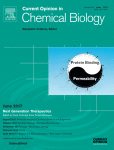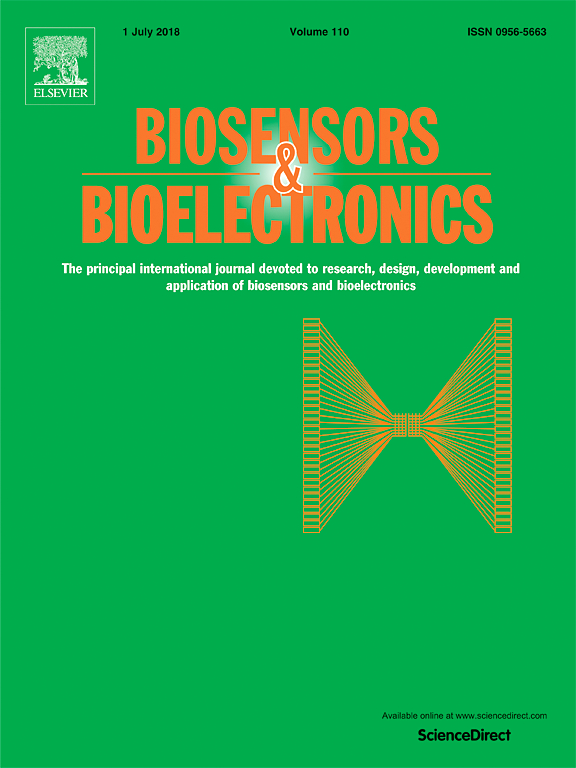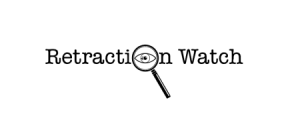 More than two thousand researchers have signed a petition to boycott a new Nature journal over the fact it will be available only by subscription.
More than two thousand researchers have signed a petition to boycott a new Nature journal over the fact it will be available only by subscription.
The new journal — Nature Machine Intelligence, about machine learning — plans to charge readers for access, unlike most other journals in the field. The researchers who signed the petition have pledged not to submit their work to the new journal, and will decline to review or edit papers for it, as well.
Most journals published by Nature Publishing Group are available only by subscription — but that doesn’t work for the machine learning community, the signatories argue:
Continue reading Thousands boycott new Nature journal about machine learning

 Before we present this week’s Weekend Reads, a question: Do you enjoy our weekly roundup? If so, we could really use your help. Would you consider a
Before we present this week’s Weekend Reads, a question: Do you enjoy our weekly roundup? If so, we could really use your help. Would you consider a 

 For months, a researcher has wrestled with a journal over the wording of an upcoming retraction notice. It appears that she has lost.
For months, a researcher has wrestled with a journal over the wording of an upcoming retraction notice. It appears that she has lost.
 Dear Retraction Watch readers:
Dear Retraction Watch readers: